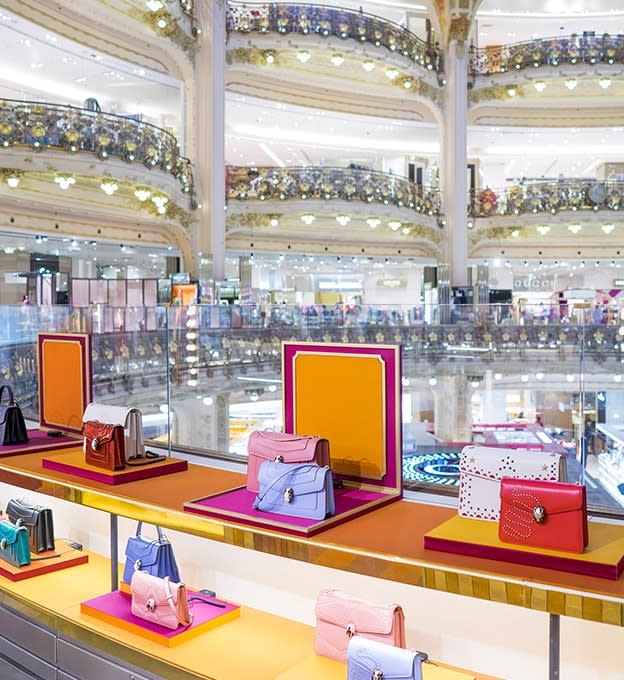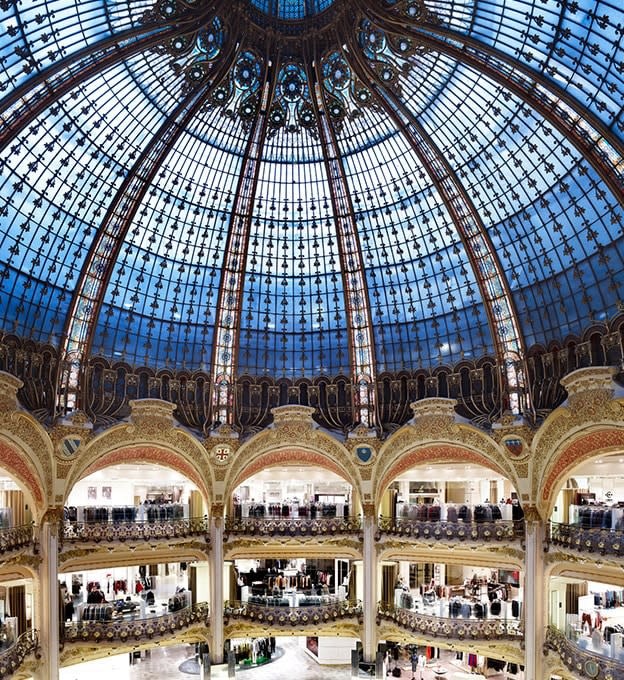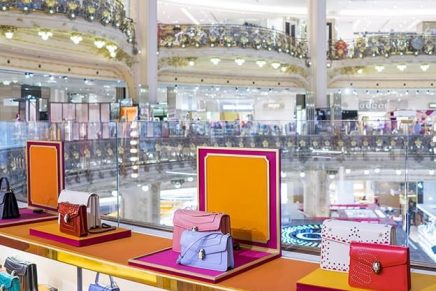Eight Sustainable Style Sanctuaries: Exploring Luxury Department Stores and their Eco-Conscious Initiatives.
Several luxury department stores have launched eco-conscious initiatives to address the environmental impact of the fashion industry.
Nordstrom: The retailer launched its “See You Tomorrow” program in 2020, which sells secondhand clothing from a variety of brands. Nordstrom also offers a clothing donation program in partnership with Fashion Project, which donates a portion of the proceeds to charity.
Selfridges: The UK department store has launched several sustainability initiatives, including a commitment to eliminate single-use plastics from its stores and restaurants by 2021, and a program called “Resellfridges” which sells pre-loved designer clothing and accessories.
Saks Fifth Avenue: The retailer launched its “Saks Sustainable” program in 2020, which features sustainable products and brands. Saks also offers a clothing donation program in partnership with Fashionphile, which allows customers to receive Saks gift cards in exchange for their gently used clothing and accessories.
Harrods: The UK department store has implemented a range of sustainability initiatives, including a commitment to reduce its carbon footprint by 50% by 2020, and a program called “Fashion Re-told” which sells pre-loved designer clothing and accessories, with proceeds going to charity.
Galeries Lafayette: The French department store has launched several sustainability initiatives, including a program called “Go For Good” which features sustainable products and brands, and a clothing donation program in partnership with Le Relais, which supports job creation for disadvantaged individuals.
In South Korea, Lotte Department Store launched an “eco-friendly store” in 2020, which uses solar power, LED lighting, and eco-friendly materials for its construction. The store also offers customers the option to use eco-bags instead of plastic bags and has implemented a recycling system for customers to dispose of their waste.
In Japan, Isetan Mitsukoshi Holdings has launched a variety of eco-friendly initiatives, including a program called “Fashion Commune,” which encourages customers to bring in their used clothing and donate them to charity. The company has also implemented an in-store recycling program for plastic bottles and has launched a line of eco-friendly products made from recycled materials.
In Italy, luxury department store La Rinascente has launched a “Green Attitude” initiative, which includes the installation of energy-efficient lighting, water-saving fixtures, and the use of eco-friendly materials in store construction. The store also offers customers the option to use eco-bags and has implemented a recycling program for customers to dispose of their waste.
These initiatives reflect a growing trend among luxury retailers to address the environmental impact of the fashion industry and promote circular business models. By offering services like repair, alteration, resale, and donation, these retailers are encouraging customers to extend the life of their clothing and reduce waste.
It is difficult to provide specific numbers on the success of these projects, as many luxury retailers do not publicly release detailed information on their sustainability initiatives. However, luxury retailers and online platforms have reported increased interest and sales in their sustainable and pre-owned offerings.
For example, in 2019, luxury resale platform The RealReal reported a 55% increase in gross merchandise volume compared to the previous year, indicating a growing demand for pre-owned luxury goods. Additionally, luxury department store Selfridges reported that their sustainable fashion lines saw a 300% increase in sales between 2018 and 2019.
Furthermore, luxury retailers have recognized the potential business benefits of sustainability initiatives beyond just increased sales. For instance, according to a report by Boston Consulting Group, a strong sustainability program can help improve a brand’s reputation, enhance customer loyalty, and even attract and retain top talent.
Overall, while specific numbers may vary by company and initiative, it is clear that there is a growing interest in sustainability and pre-owned luxury goods among consumers, and luxury retailers are recognizing the importance of meeting this demand.





